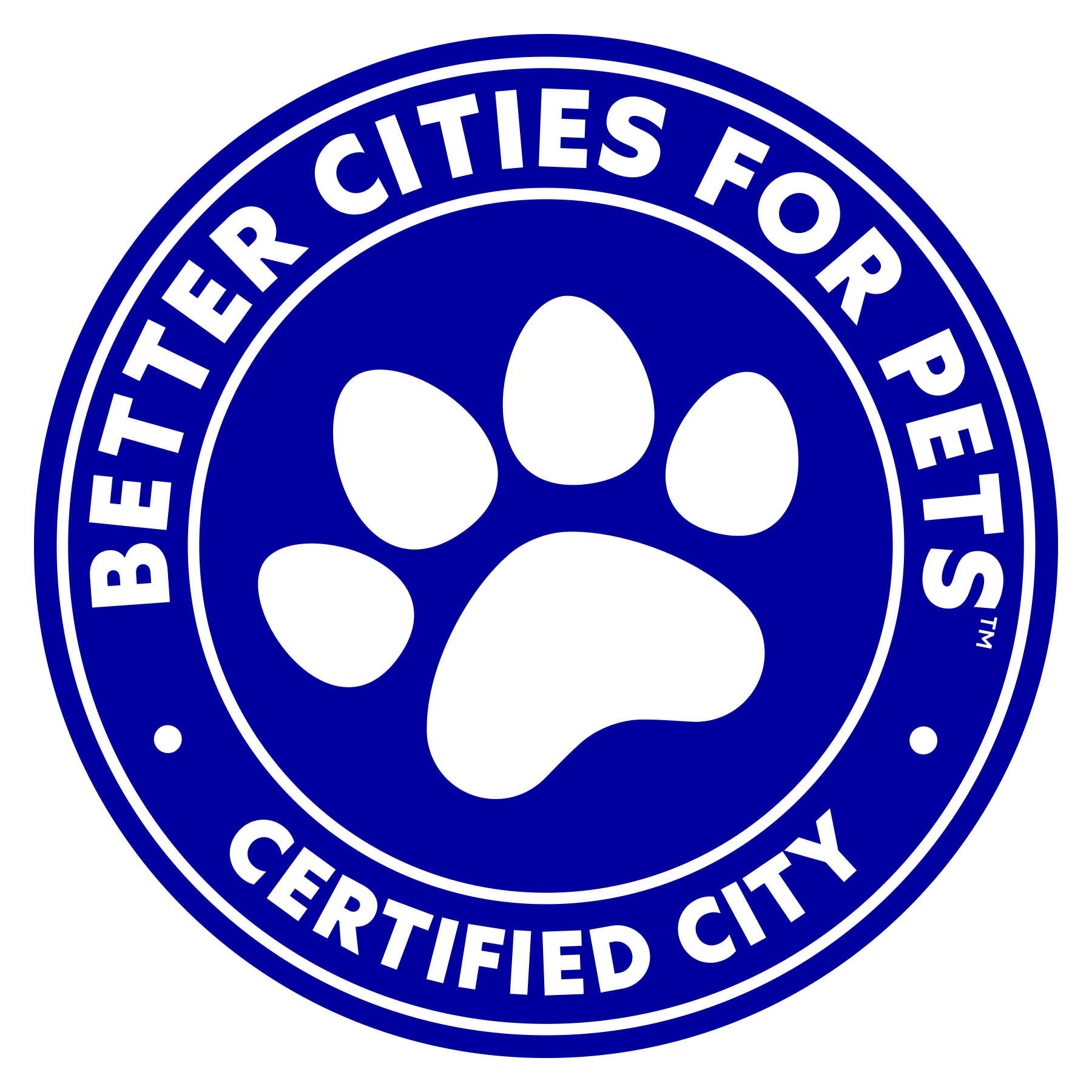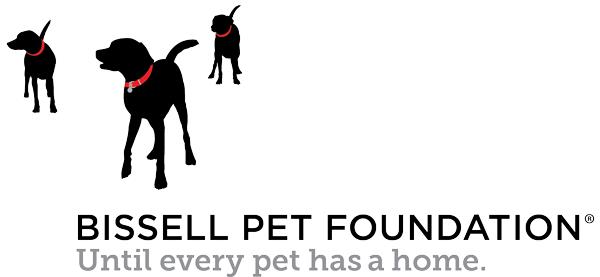Fort Lauderdale Mayor Jim Naugle grew tired of driving up to his house only to see his plants dug up, dirt strewn about, and holes newly excavated by his two dogged diggers, Snorkel and Scuba. So he beat them at their game: He built the dogs a sandbox.
He reasoned that the pooches mainly were looking for a cool, soft place to relax on hot days. So under a garden stairway, Naugle built a sandbox where the dogs could dig to their hearts' content. Naugle started by digging a rectangle about 2.5 feet deep, then laying wire mesh on the bottom -- in case the dogs "dug to China," Naugle jokes.
Next, the mayor sunk posts in four corners. He surrounded the posts with four pressure-treated pine planks to form a box, then poured clean white sand inside. Some people bury dog bones and favorite toys in doggie sandboxes, but Naugle didn't need to resort to much coaxing.
"They just loved it," Naugle says. "All of the other digging disappeared because they had a place that was easy and comfortable for them."
Yes, you can have a pretty yard that co-exists with a pretty pet. Even though digging is in a dog's genes, you can take steps to foil curious canines. Here are some creative strategies, now that spring has sprung:
Divide the Yard in Two
Consider designing your yard to have a dainty portion for people and, elsewhere, a sturdy, rompable area for pets -- perhaps using hardy grass or decomposed granite, suggested Sacramento-based syndicated pet columnist Gina Spadafori. Maybe install an electric fence to protect forbidden areas, suggested Washington D.C. area interior designer Odette Lueck. You know those foot trails your pet has worn in the yard? Keep them open. Don't vainly replant them. Large flat stones can create a pretty pathway.
Sturdy Plants
Periwinkle, daylilies and grass-like liriope are hardy choices for areas where dogs sometimes pass through, suggested Kirk R. Brown, a speaker for the Washington, D.C.based American Nursery and Landscape Association. Consider ivy for a textured look to the landscape (and to hide dog droppings). Sturdy grass can be indispensable for keeping paws from tracking mud from mulched areas.
Protect New Plants
Some dogs seem to be attracted to the fresh scent of tilled earth but curiously lose interest in mature plants in old soil. So consider keeping curious canines out of the yard until a few days after planting flowers or bushes, suggested Stanley Coren, author of The Intelligence of Dogs (Bantam). Alternatively, protect plants with wire or plastic-fence some barriers. "I had to put tomato cases around my bushes until they'd been around for awhile," said Dr. Leslie Cooper, a veterinarian at University of California-Davis, whose Siberian husky, Tirza, dug up new plants.
The Bare Truth
Bare patches of ground are magnets for diggers, so try to maintain lush sod, suggested dog trainer Tim Mullally, member of the behavior subcommittee of the Fort Lauderdale-based Humane Society of Broward County. Lay chicken wire or heavier-grade stockade fencing over newly seeded lawns.
Trim Those Nails
Keeping a dog's nails short can help make digging less efficient. With long nails, Mullally said, "it's easy to dig."
Bite-Resistant Outdoor Furniture
Dogs that miss their owners (and perhaps need more exercise) might chomp on patio furniture because the chairs remind them of the family members they miss, Mullally said. Strategies: Try more exercise, and leave out dog toys that were stored for awhile in your clothes hamper (they smell like you). Consider metal or aluminum furniture instead of chewable wood, Lueck suggested. On furniture, consider applying a non-toxic cream meant to discourage dog damage such as Fertile Hemisphere's YUK.
Become Sherlock Holmes
Dogs dig for many different reasons, so figure out why your dog is on a hole-making spree. Does your digger seem hyperactive and chew destructively? Your dog may be bored, so play fetch, take it out of the yard to exercise at least one hour a day, trainers advise. Is your dog digging in the middle of the yard? Check for gophers, rabbits or other burrowing animals. Is the dog digging at the fence line to get out of the yard? Your dog may be bored and trying to get at something at the other side of the fence. Neutering or spaying will curb some digging tendencies. So will exercise. Is your dog pregnant? Digging is normal. Dogs create dens for giving birth. Still stumped? Ask a veterinarian for advice.
What Not To Do
Don't punish your dogged digger after the fact by dragging the pet to a hole and spanking him. Sure, your dog will cower, tail tucked between his legs. But that doesn't mean the pooch connects your anger to that hole. "All the dog is trying to say is, 'Please don't hurt me,'" said Wayne Hunthausen, D.V.M., past president of the American Veterinary Society of Animal Behavior and co-author of Handbook of Behavioural Problems of the Dog and Cat (Butterworth-Heinemann). "Punishment is probably the most misused and over-used corrective."
An Absolute Cure
A 100 percent, can't-miss cure for curbing digging is this: Keep dogs indoors, especially escape artists. Many dog trainers and veterinarians advise keeping pooches indoors. Noted Mullally: "Generally, dogs don't dig to escape unless people keep them out in the yard all day."





